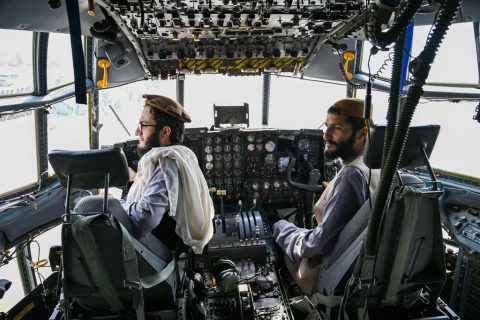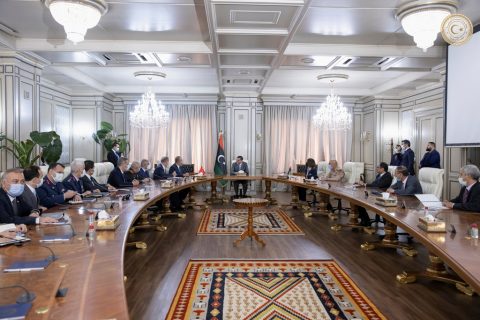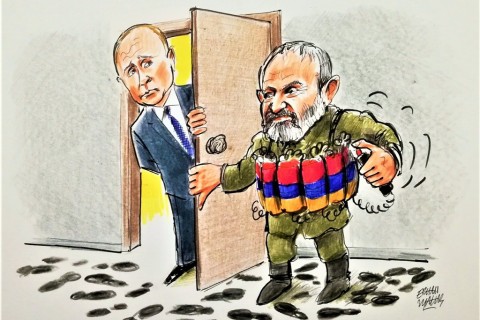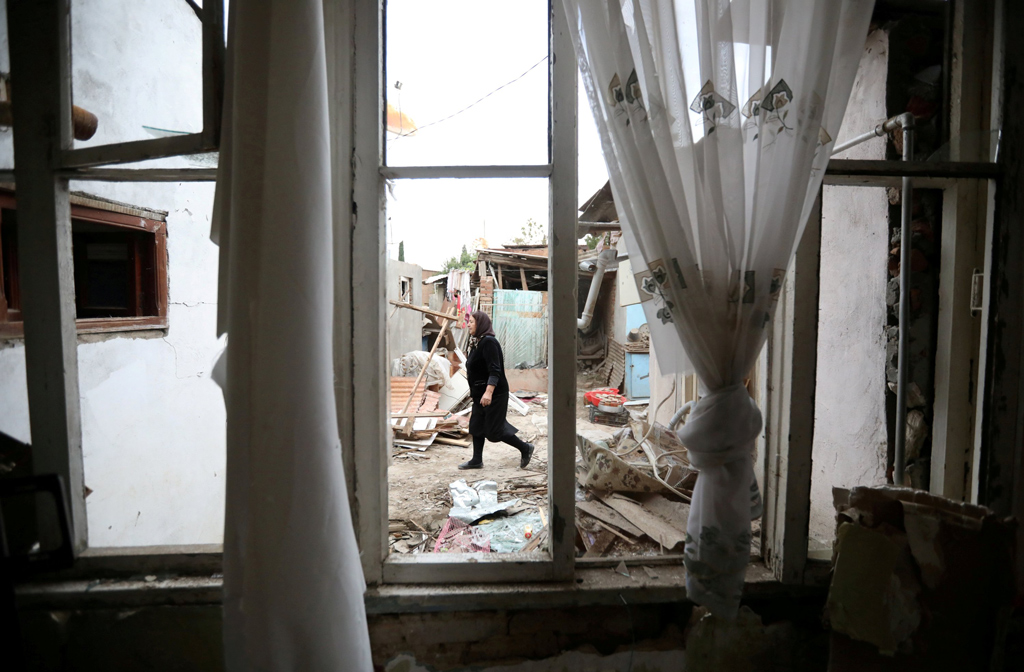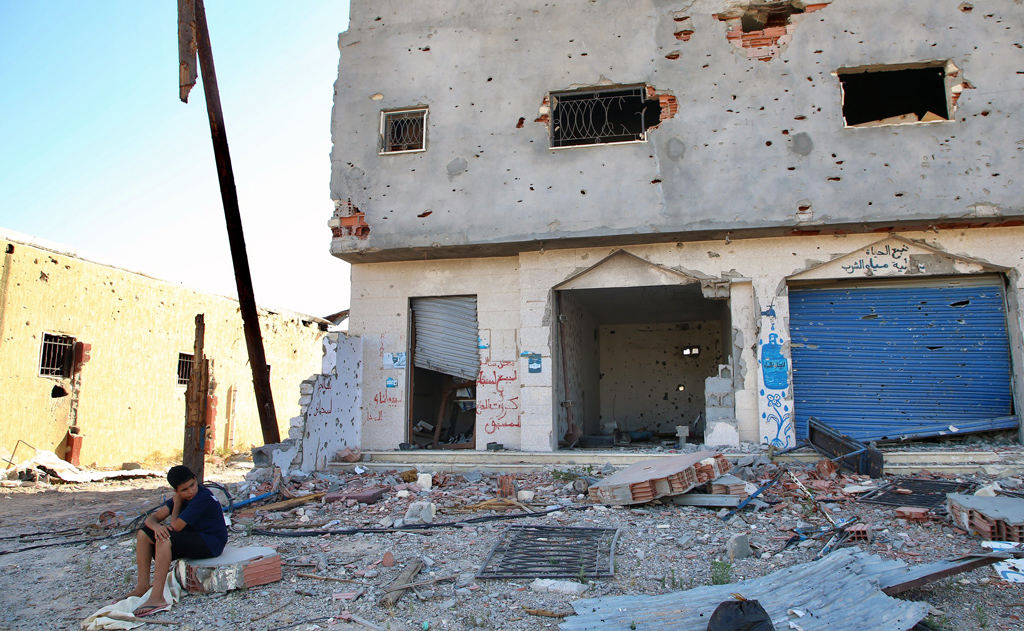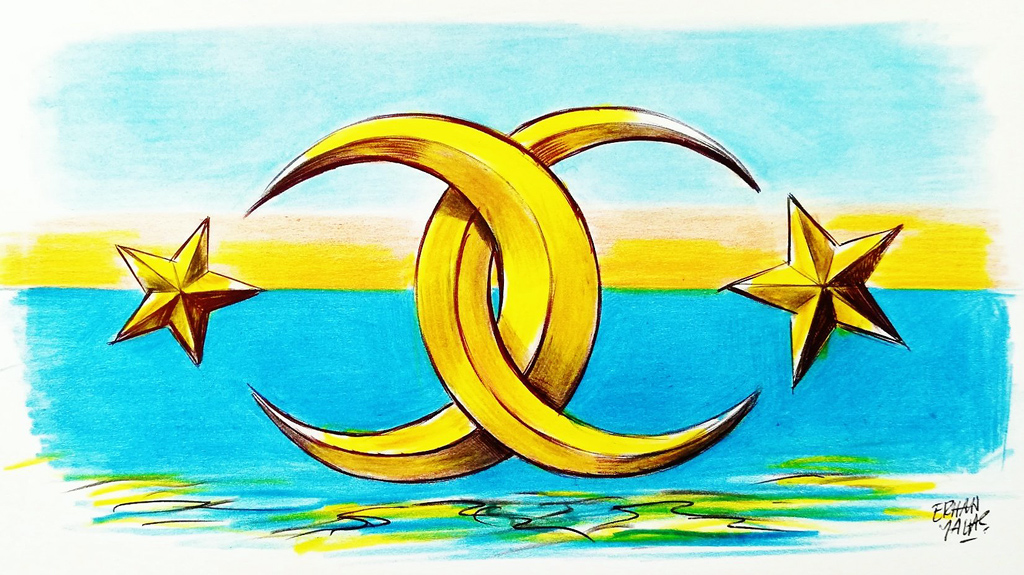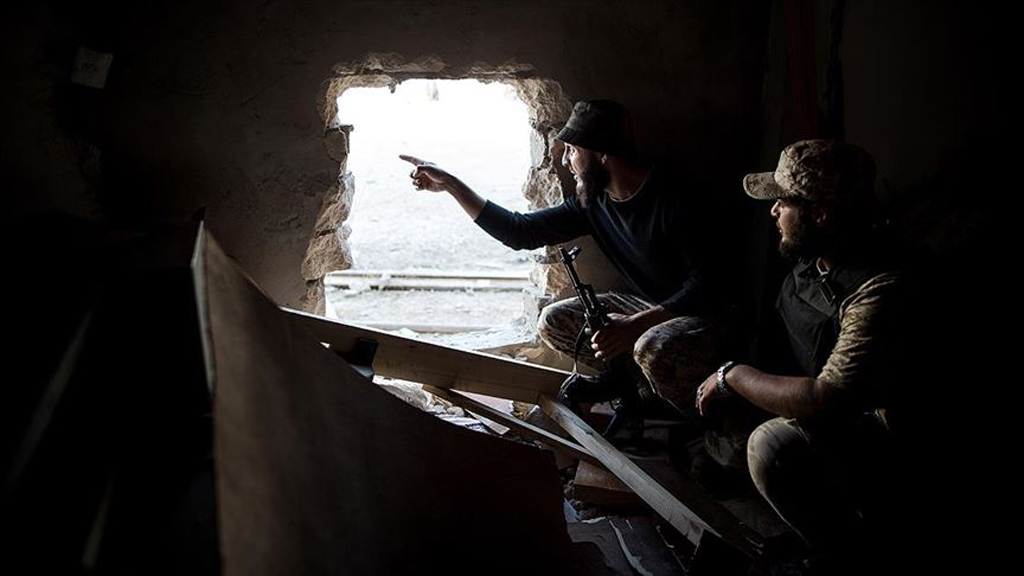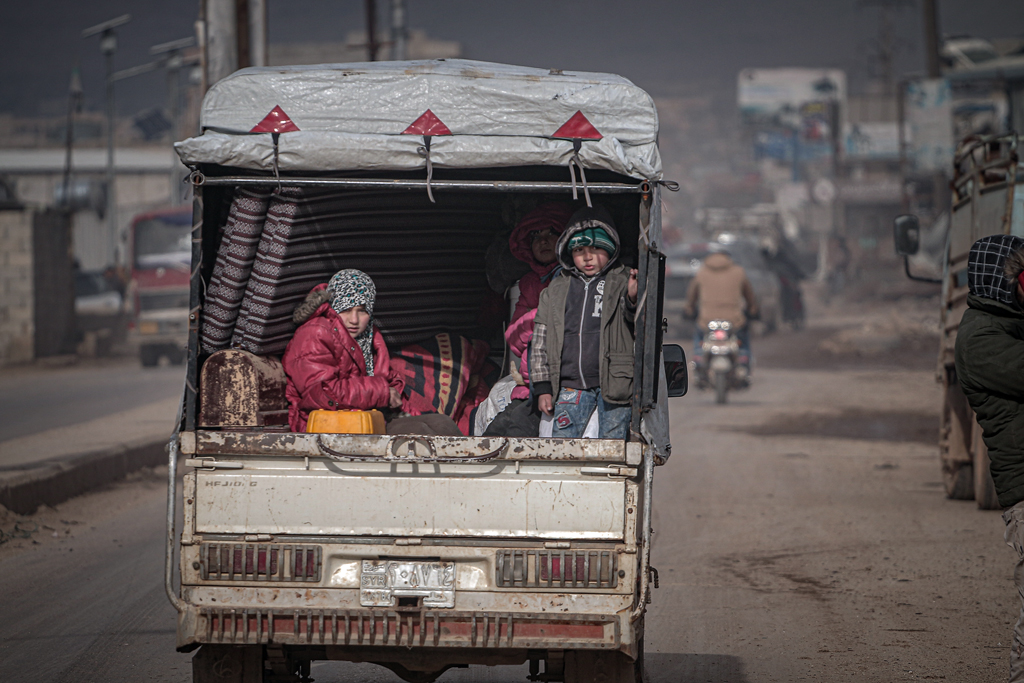Foreign Fighters
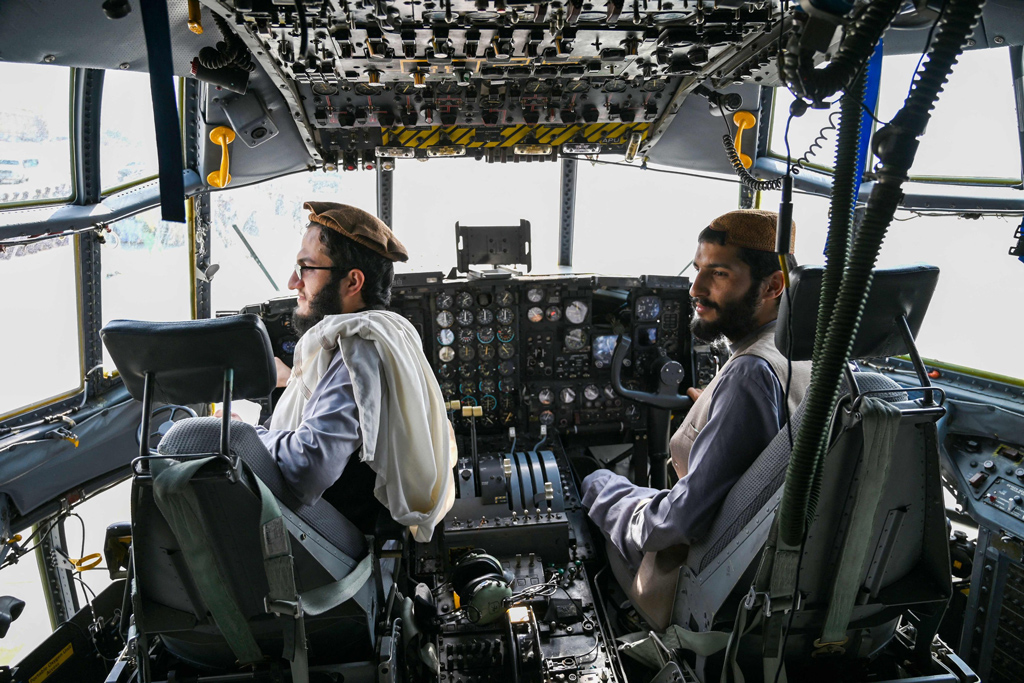
What did America get after 20 years in Afghanistan?
| OpinionThe United States declared that it had withdrawn its last troops on Aug. 31 and thus …
-
Opinion
What did America get after 20 years in Afghanistan?
By Muhittin AtamanThe U.S. invaded Afghanistan to overthrow the Taliban regime, but left the country to a much stronger Taliban. After 20 years of occupation, this withdrawal has brought about many regional consequences for the U.S.
-
Opinion
Future of Turkish soldiers in Libya
By Burhanettin DuranHigh-level delegations from Turkey pay frequent visits to the Libyan capital Tripoli. Most recently, Foreign Minister Mevlüt Çavuşoğlu attended critical meetings alongside Defense Minister Hulusi Akar, Turkish Chief of General Staff Gen. Yaşar Güler and National Intelligence Organization (MİT) chief Hakan Fidan.
-
Opinion
Nagorno-Karabakh: The next Syria in the Caucasus?
By Burhanettin DuranPashinian threatened to turn Nagorno-Karabakh into the next Syria in order to fuel fears in Russia, Iran and Europe.
Bu Konuda Daha Fazla
-
Actors and perspectives in the Nagorno-Karabakh conflict
By Burhanettin DuranThe move by Armenian Prime Minister Nikol Pashinyan to "spread the war" and to ensure the intervention of great powers into the Nagorno-Karabakh conflict has come to nothing.
-
3 crucial points in the Libyan crisis
By Muhittin AtamanAfter Libya's internationally recognized Government of National Accord (GNA) – with Turkish military support – launched Operation Volcano of Rage against putschist Gen. Khalifa Haftar and his militias, conditions on the ground changed dramatically.
-
Libya: From battlefield to political process
By Talha KöseIn Libya, the Government of National Accord's (GNA) forces continue to take control of critical locations around the country's capital Tripoli from militias loyal to warlord Khalifa Haftar. After the GNA's capture of the strategic al-Watiya air base two weeks ago, it managed to then take control of Tripoli International Airport. The seizure of the airport and the surrounding areas in the south and east of the city are critical achievements for the GNA. Haftar's forces are withdrawing to eastern and southern parts of the capital after their defeats. His militias also withdrew from Tarhuna, their last remaining stronghold in the western part of Libya. At the same time, a tacit agreement from the government's side was demonstrated as GNA troops did not attack the withdrawing forces. This handling of the Tarhuna withdrawal by the GNA and the pro-Haftar elements is a diplomatically promising step toward political talks.
-
Libya at a critical juncture
By Talha KöseOn April 4, 2019, the putschist Gen. Khalifa Haftar started his well-funded and well-supported campaign to take Libya's capital Tripoli and topple the internationally recognized Government of National Accord (GNA) run by Prime Minister Fayez al-Sarraj. Haftar's forces were initially successful in taking over many cities in Western Libya and encircled Tripoli.
-
Europe cannot remain indifferent to Idlib crisis
By Muhittin AtamanEven though the Syrian crisis continues to influence politics in the Middle East and the global balance, the European Union and major European powers, like the U.K., Germany and France, have continued to be the most reluctant and ineffective actors dealing with the crisis.
